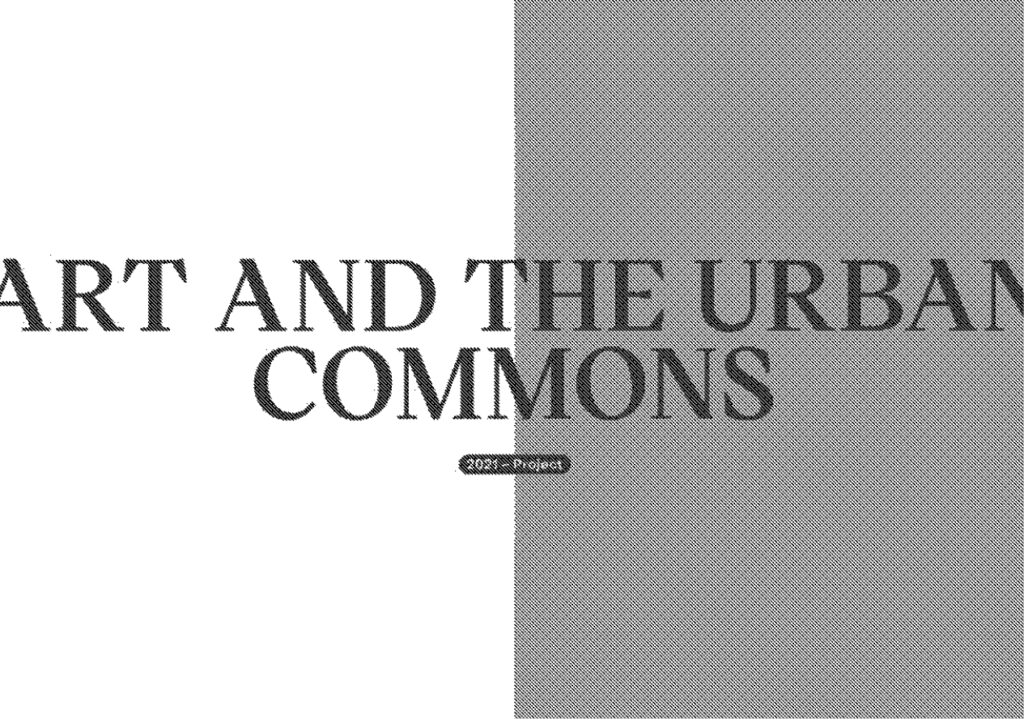ArtSpaceCity (ASC) is one of five research strands in the Centre for Postdigital Cultures (CPC) which is based in the Institute for Creative Cultures (ICC) at Coventry University (CU). The aim of ASC is to enquire into how art, design, film, digital technologies, and cultural institutions contribute to making a more socially just city.
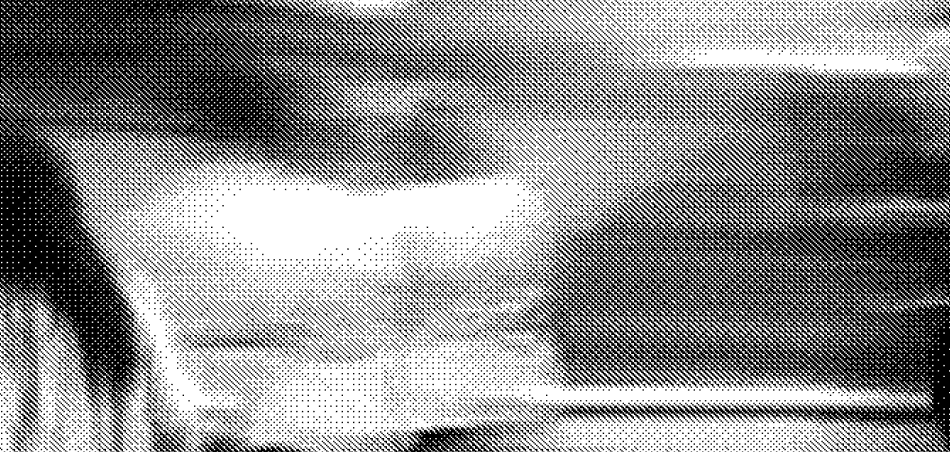
We think that the production of cultural artefacts and the way they are received and used by us creates new social behaviours as well as new spatial paradigms. Digital technologies play a significant role in our everyday lives, these platforms and interfaces are important to the way in which the city thrives socially as well as economically. The use of technologies has steered the formulation of Smart cities as a new urban paradigm in city development managed by property ownership and for commercial gain. In this context, for ASC researchers the well-being of all their inhabitants – including animals, plants, buildings, and land formations must feature as a key part of the design of cities and their infrastructures. We prefer the idea of the ‘silly city’ to the smart city. A ‘silly city’ positions the well-being of publics, and the non-human at the centre of urban life. This approach sees us figuring out ways for future placemaking, that are neither top down nor bottom up. The tools we use include critical urban studies, critical infrastructure studies, post humanism, postdigital cultures, political science, sustainable development, media studies, critical race studies, cultural geography, activism, art, design, and architecture. Through our research, we host projects that explore how publicly funded cultural institutions can contribute to the making of more democratic cities. Most of our research activity is practice-led and action-based. For example, the ‘Spatial Practices in Art and ArChitecture for Empathetic Exchange’ project (SPACEX RISE) enquires into societal benefits of spatial practice projects – specifically the role they can play in instigating public exchange and promoting empathetic ways of living together in urban space – among community leaders, voluntary organisations, cultural institutions, key local government departments and the public. We also publish on the benefits and limitations of practice research as a method for action in the city. Our PGR community’s practice-led research contributes to the aims and interests of the ASC, investigating the relationship between space and artistic practice with a view to the positive societal change.
team
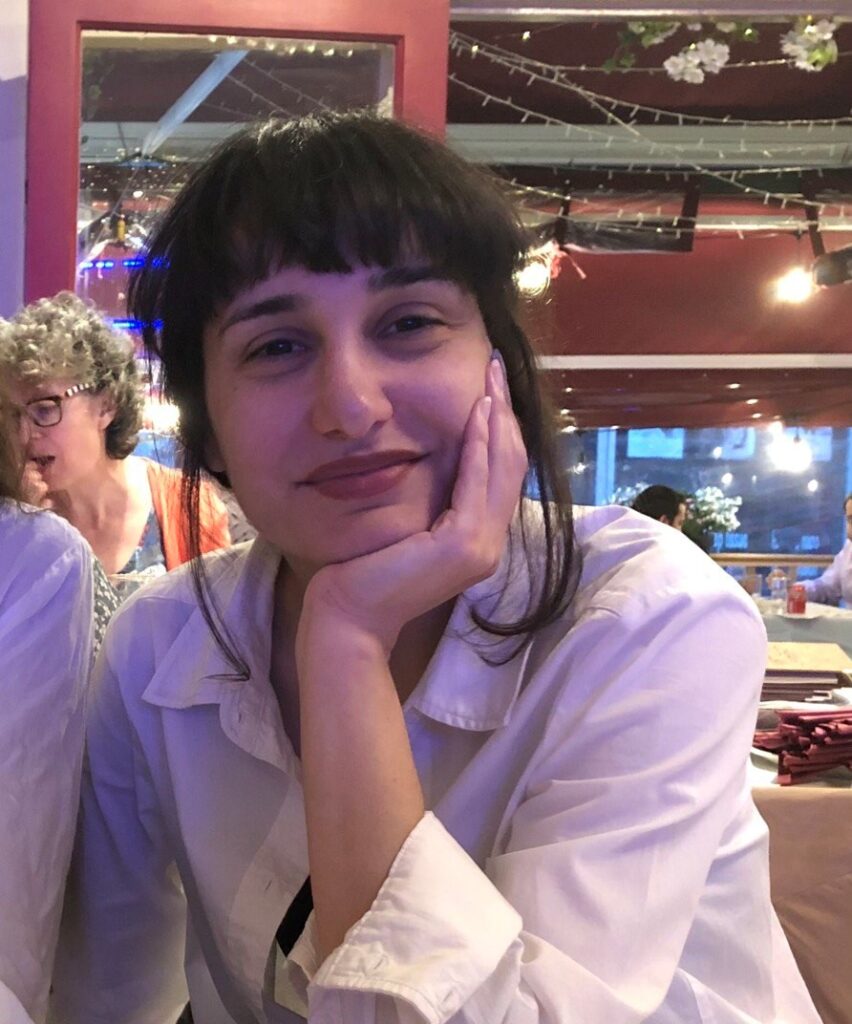
Mahsa Alami Fariman an urban researcher and educator with a background in Architectural and Urban studies. Prior to joining The Bartlett Development Planning Unit (DPU), she has taught urban geography at Coventry University and lectured at the Department of Media, Communications and Cultural Studies, Goldsmiths University of London. As an architect, she has the experience of working in a number of architecture and design practices in Iran. She received her PhD in Urban Sociology from Goldsmiths, University of London, studied MA in Architecture (Cultural Identity and Globalisation) at the University of Westminster in the UK, and BA in Architecture at the Islamic Azad University in Iran. Her research focuses on open city, politics of space, the production of everyday urban life in the Middle East, and feminist urbanism.
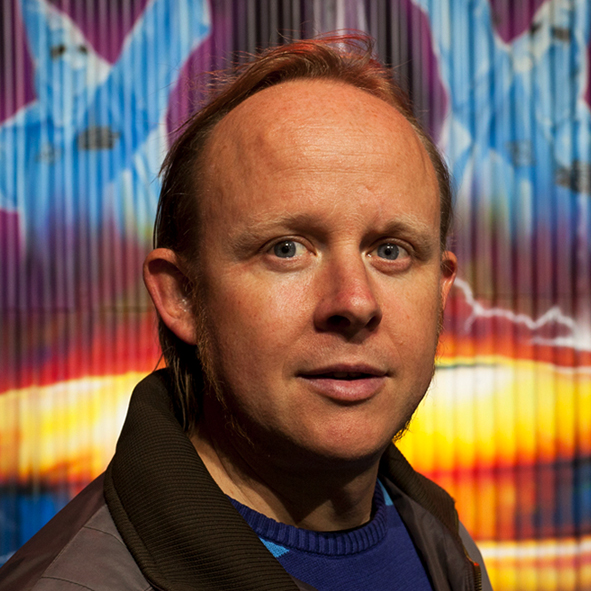
S Mark Gubb is an artist and Assistant Professor in Fine Art at Coventry University. He works across a range of media incorporating sculpture, video, sound, installation and performance. The subjects for his work reflect his ongoing interest in the role that popular culture and oral histories play in the development of an individual’s world view. This often takes the form of a re-evaluation and re-interpretation of contemporary culture and history. In 2021, he completed a PhD focusing on audience agency and the interaction between artist, artwork, site and audience. His work has been widely commissioned and exhibited in solo and group exhibitions for organisations including Artangel, Turner Contemporary (Margate), Postmasters Gallery (NYC), Mostyn (Llandudno), Castlefield Gallery (Manchester), ICA (London) and PS1 MoMA (NYC). Residencies/fellowships include The 309 Punk Project, Pensacola, USA (2024), URRA International Residency, Buenos Aires, Argentina (2011), Cove Park, Scotland (2008), Arts Council of England’s International Fellowship at Bunkier Sztuki, Krakow, Poland (2005) and The Wheatley Fellowship at Birmingham Institute of Art and Design (2005). Permanent public works include commissions for Grizedale Arts, Nottingham Contemporary, Aspex Gallery (Portsmouth) and the Welsh Government. He is currently working on the redevelopment of the Tropicana Lido in Weston-super-Mare with RCKa architects, lead designer on a site-specific production examining undercover policing in partnership with Common Wealth Theatre and National Theatre Wales, and overseeing the purchase and publishing of a photographic archive from, Pop Artist, Derek Boshier, in partnership with Amgueddfa Cymru and RRB Photobooks.
Website: https://www.smarkgubb.com/
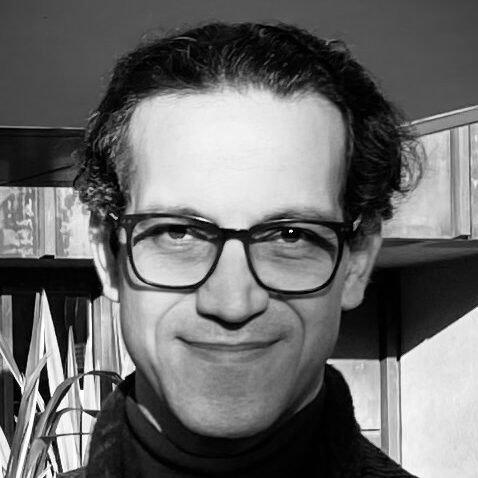
Dr. Ahmadreza Hakiminejad is Lecturer in Architecture based in the Leeds School of Arts at Leeds Beckett University. He has studied architecture, spatial planning and urban design in Iran and the UK and has previously worked in architecture and design practices in the Middle East. He is a member of the editorial team for the journal Engineering Future Sustainability, a member of The Society of Architectural Historians of Great Britain, and a Fellow of the Higher Education Academy. He is also a jury member in the international architecture and design competition, the Tamayouz Excellence Award. His research interests revolve around critical urban theory, politics of space, architectural humanities, and urban sociology. He is currently co-editing a book for Routledge entitled City, Public Space and Body: The Embodied Experience of Urban Life.
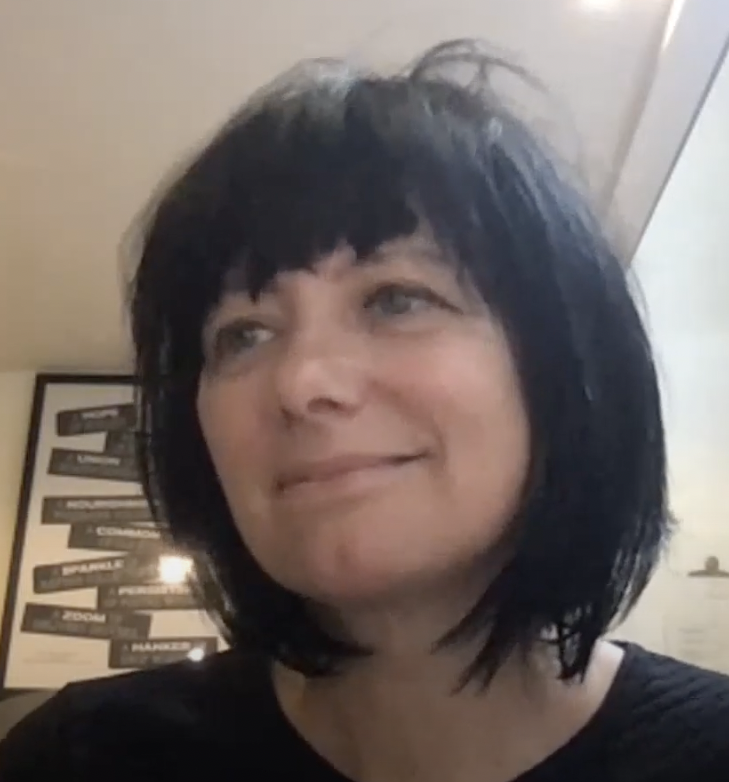
Mel Jordan is professor of art and the public sphere. She is the leader of the research strand ArtSpaceCity, in the Centre for Postdigital Cultures, Coventry University, UK. From 2016 to 2019, she was head of Contemporary Art Practice at the Royal College of Art, UK. In 2018, Jordan (along with Andy Hewitt) formed the Partisan Social Club, before which she worked in the collective Freee (with Dave Beech and Andy Hewitt). Her research is concerned with the potential of art as a political tool through its role as a form of opinion formation in the public domain. As part of the Partisan Social Club, she has exhibited at Coventry Biennial; Beaconsfield Gallery Vauxhall, London; and Edinburgh Printmakers. Recent journal articles include ‘Toppling Statues, Affective Publics and the Lessons of Black Lives Matter Movement’, (2021); ‘Depoliticization, participation and social art practice: On the function of social art practice for politicization’, (2022); ‘On practising politicized practice: What do we learn?’, (2022). She is PI for the Spatial Practices in Art and ArChitecture for Empathetic EXchange (SPACEX RISE) project. This is an ongoing project funded by the European Union’s HORIZON 2020 Marie Sklodowska-Curie Actions (MSCA) Research and Innovation Staff Exchange (RISE) project number 872561 (https://www.spacex-rise.org/). She is currently working on a book entitled ‘Spatial Practices and the Urban Commons’.

Alex Parry is an artist doing a practice-based PhD exploring how art workshops act as a form of world building and speculative fiction – in terms of ideas, social relationships and materials produced. She has an interest in creating inclusive structures for group work and is part of Studio Yea with Eva Freeman and Youngsook Choi who are a group of artists exploring how to support each other in these precarious times. Alex has an MA in Contemporary Art Practice: Public Sphere course from the Royal College of Art, and a BA in Social Anthropology and Media from Goldsmiths University. She has worked with the Pumphouse Gallery, FACT, and Hackney Council and recent publications include Structures within structures: Examining alternative cultures of learning in the institution in Art & the Public Sphere Journal, Volume 10, Number 2.
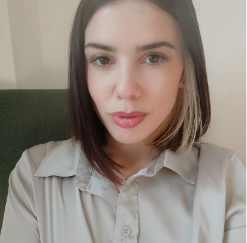
Giorgia Rizzioli is a M4C – PhD candidate at the Centre for Postdigital Cultures where she is an active member of the ArtSpaceCity research strand. Her research intersects film studies, urban media studies, and curatorial studies. Specifically Giorgia delves into the realm of cinematic placemaking, investigating how experimental cinema curation and outdoor projections can serve as strategies for reconfiguring and producing alternative places. She is also an independent curator. Her recent curatorial endeavours include ‘Screening Coventry: Past is Now’ (April 2022), an experimental outdoor screening as part of the Coventry Biennial’s Hyper-Possible cultural programming. Giorgia is also a member of NECS – European Network for Cinema and Media Studies and Consulta Universitaria Cinema.
Recent publications include ‘Open Montage Unbound: Posthuman Reflections on Publicness Beyond the Linguistic Turn’, co-authored with Dr. Prof. Mel Jordan in NECSUS Journal (review pending).
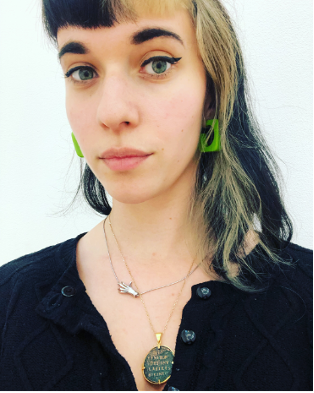
Marley Treloar is a first year PhD researcher at Coventry University exploring the development of participatory community practice between digital and physical spaces within cultural organisations. She graduated from Kingston University MA Museum and Gallery Studies in 2019 and has worked across the arts and heritage sector working as a freelance curator, public programmer and education officer. Marley is the creative director of Co-Curation, artist run curatorial collective exploring participatory, community and digital collaborative artistic practice.
Website: https://www.co-curation.co.uk
Publications: Recycle Archaeology: community reuse of archaeological disposals, Makings Journal: Disruption, 2022. (Pending Peer-Review)
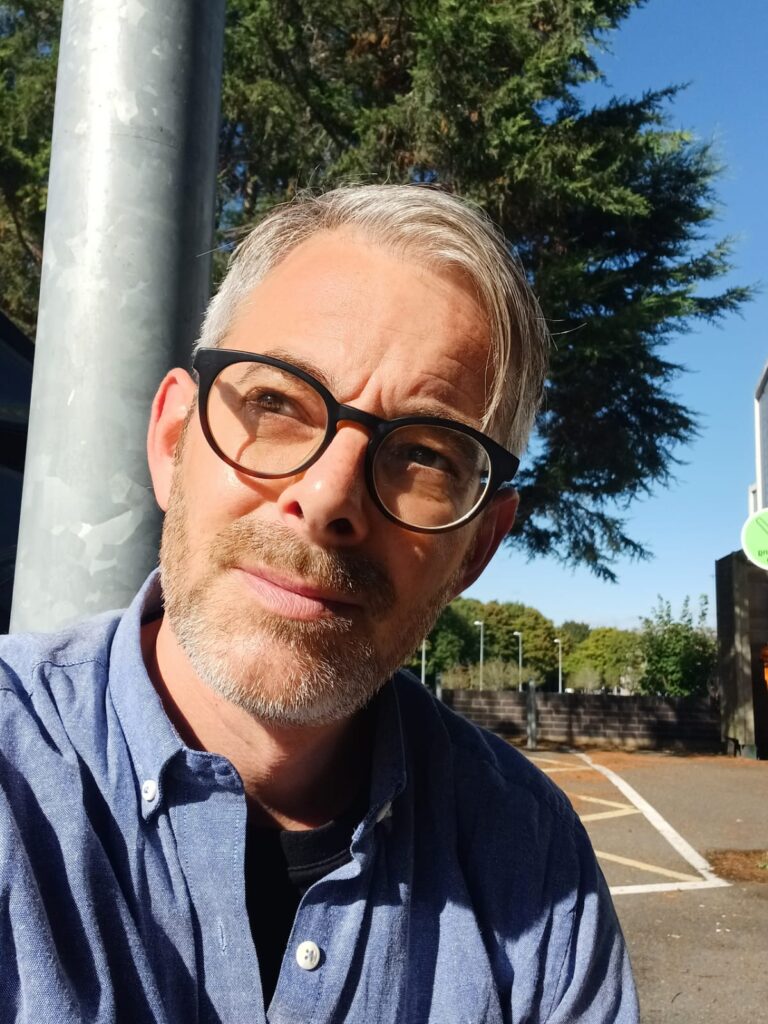
Duncan Whitley is an artist who works with spatial sound and moving-image production. He has presented audiovisual works, site-specific projects and live multichannel sound works in the UK and internationally. His audiovisual works have been exhibited at Aesthetica Film Festival, Coventry Biennial, Cafe OTO, Flatpack Film Festival, Whitechapel Gallery, The Whitworth, Centro de Arte Experimental de UNSAM (Buenos Aires), EMASESA (Seville), Herbert Art Gallery & Museum, Soundfjord Gallery, CTRL_ALT_DEL festival (Istanbul), and b-side Festival (Portland, UK). He has recently undertaken artist residencies with Coventry Biennial (2018) and Warwick University’s Film & Television Studies (2022/23). He is currently doing an MA by Research project by practice at the Centre for Postdigital Cultures: ‘Noisemaking, Performing and Listening, as functions of opinion formation in UK civil society’, which will explore an aurality of the UK House of Commons.
Website: https://duncanwhitley.net/
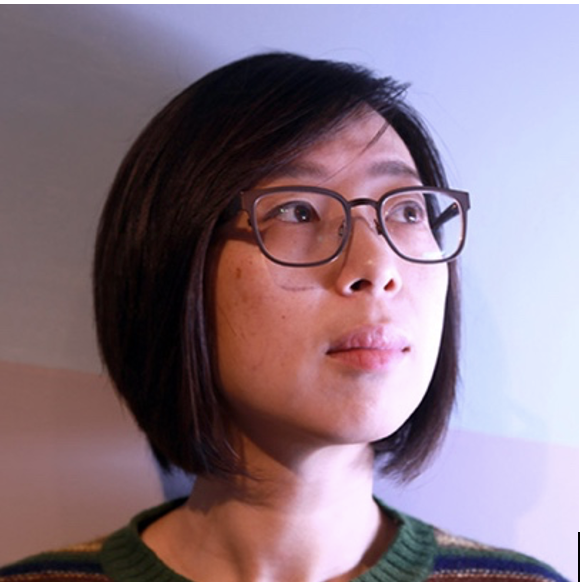
Frances Yeung is an AHRC M4C funded Collaborative Doctoral first year student and an artist. Her research project is a collaborative between the Centre for Postdigital Cultures (CPC), Coventry University and NN Contemporary Art (NNCA), based in Northampton.
Post-pandemic, like many other art organisations, NNCA is more than ever invested in digital curation and online programming, finding innovative ways to disseminate art and culture. My research focus will be utilising the NNCA’s Library Stack Archives and open-source digital resources, platforms and infrastructures, to articulate digital engagement programmes for the public, with a more caring, inclusive and socially-just approach, and therefore benefit the local communities.
projects
publications
(descending by date)

